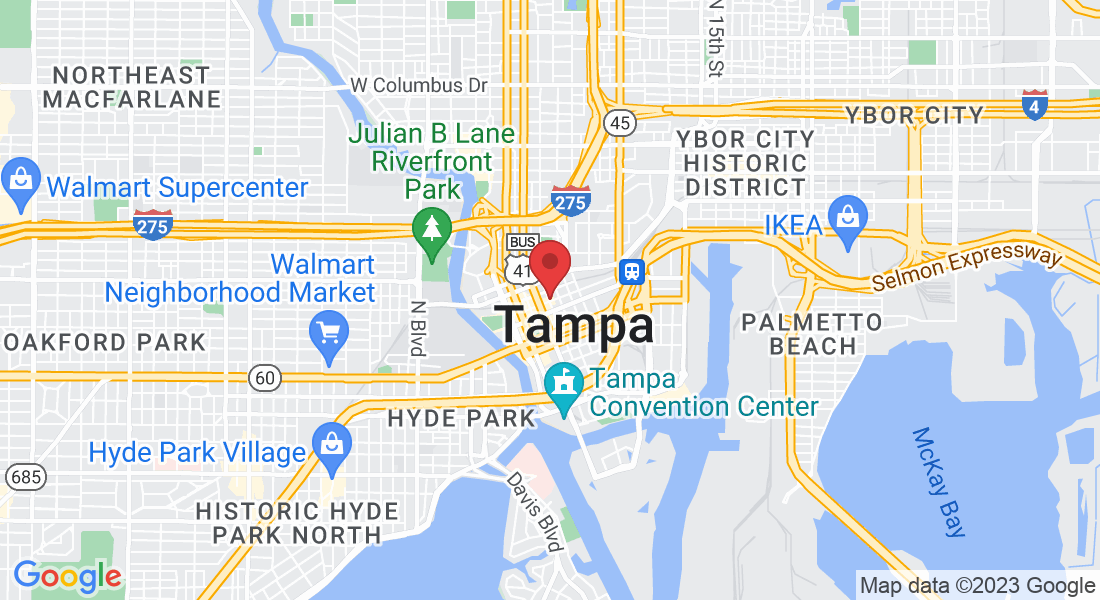Understanding and Overcoming PTSD: A Comprehensive Guide
Welcome to our comprehensive guide on understanding and overcoming post-traumatic stress disorder (PTSD). At Sunnyside Wellness, we are committed to providing valuable resources and information to help individuals navigate the challenges associated with PTSD.
In this article, we will delve into the intricate details of recognizing the signs of PTSD, its impact on individuals, and effective strategies to overcome this debilitating condition. Our aim is to offer insights and support to those who may be suffering from PTSD, as well as their loved ones, enabling them to take positive steps towards healing and recovery.
What is PTSD?
Post-traumatic stress disorder, commonly known as PTSD, is a mental health condition that can develop after experiencing or witnessing a traumatic event. Such events may include natural disasters, accidents, physical or sexual assault, combat exposure, or any other life-threatening situations. PTSD can affect anyone, regardless of age, gender, or background, and its symptoms can have a significant impact on an individual's daily life.
Recognizing the Signs of PTSD
Intrusive Memories: Individuals with PTSD may experience distressing memories of the traumatic event, often manifesting as recurrent nightmares or flashbacks. These intrusive memories can cause intense emotional and physical reactions.
Avoidance: A common response to PTSD is avoiding places, people, or activities that may trigger distressing memories associated with the traumatic event. This avoidance behavior can lead to social isolation and interfere with daily functioning.
Negative Changes in Thinking and Mood: PTSD can result in a distorted perception of oneself and the world, leading to negative thoughts, feelings of guilt or shame, and a diminished interest in activities once enjoyed. Emotional numbness and difficulty experiencing positive emotions are also common.
Hyperarousal: Individuals with PTSD may be easily startled, irritable, and have difficulty concentrating or sleeping. They may exhibit hypervigilance and an exaggerated startle response, constantly feeling on edge.
The Impact of PTSD
Impaired Relationships: PTSD can strain relationships with family, friends, and romantic partners, as individuals may struggle with emotional detachment, irritability, and difficulty expressing their feelings.
Occupational Challenges: The symptoms of PTSD can interfere with an individual's ability to concentrate, make decisions, and perform effectively at work. This can lead to decreased productivity, absenteeism, and even job loss.
Physical Health: PTSD has been linked to a range of physical health problems, including chronic pain, cardiovascular issues, gastrointestinal disorders, and weakened immune function. The stress response associated with PTSD can negatively impact the body's overall well-being.
Mental Health Comorbidities: PTSD often co-occurs with other mental health disorders, such as depression, anxiety disorders, and substance abuse. The presence of these comorbid conditions can complicate the treatment process and exacerbate symptoms.
Overcoming PTSD: Effective Strategies
Seeking Professional Help: It is crucial for individuals experiencing PTSD symptoms to reach out to a qualified mental health professional. Therapies such as cognitive-behavioral therapy (CBT), eye movement desensitization and reprocessing (EMDR), and exposure therapy have shown promising results in treating PTSD.
Building a Support Network: Establishing a strong support system is essential for individuals with PTSD. Surrounding oneself with understanding and empathetic individuals can provide a sense of safety, validation, and encouragement during the recovery process.
Self-Care and Stress Management: Engaging in self-care activities, such as regular exercise, practicing relaxation
Conclusion
In conclusion, recognizing and addressing the signs of PTSD is paramount for individuals seeking to overcome this condition.
By understanding the impact of PTSD on various aspects of life and implementing effective strategies, such as seeking professional help, building a support network, practicing self-care, and educating oneself and loved ones, individuals can take significant steps towards healing and recovery.
Remember, recovery from PTSD is a journey, and with the right support and resources, individuals can regain control of their lives and find renewed hope and resilience. At Sunnyside Wellness, we are here to help. Book an appointment today.

Courtney Tibbetts
Nurse Practitioner
Providing Telehealth Services for Mental Health Needs
Courtney Tibbetts is a double board certified nurse practitioner specializing in both mental health and family services. She helps patients explore their feelings, behaviors, and thoughts, with the goal of identifying and addressing the underlying causes of mental health problems. She is caring and compassionate, taking the time to listen to patients' concerns and goals. Trust Courtney for expert care and guidance.
Courtney provides a wide range of services to patients. These services may include psychotherapy (such as cognitive and dialectical behavioral therapy), medication management, mindfulness techniques, and supportive care.
Now Accepting New Patients
Making small changes to your life like having the right healthcare provider can have a big impact on your overall health and well-being.
Mailing Address
Email: [email protected]
Mailing Address
Office: 7901 4TH ST N STE 300
St. Petersburg, FL 33702
Get In Touch
Assistance Hours
Mon – Sat 8:00am – 8:00pm
Sunday – CLOSED
Phone Number:
813-508-8187


